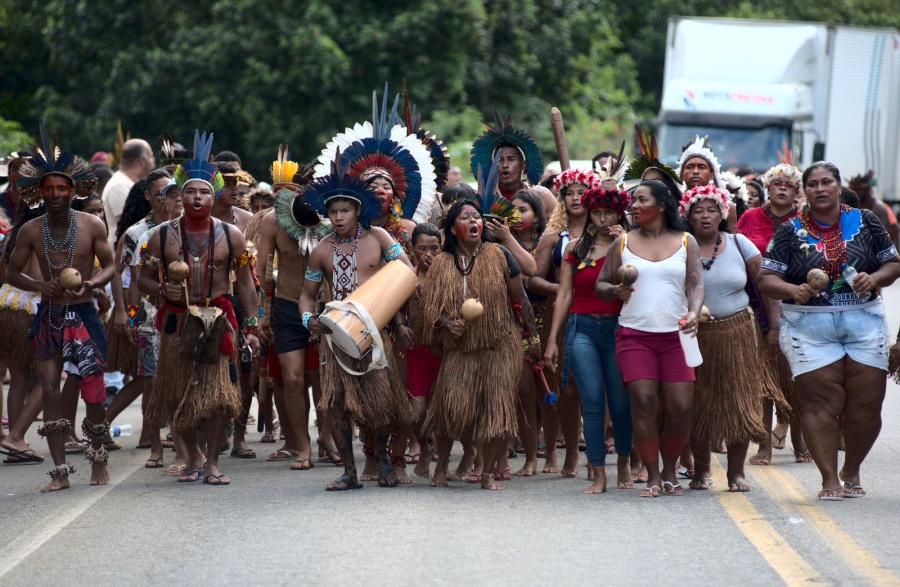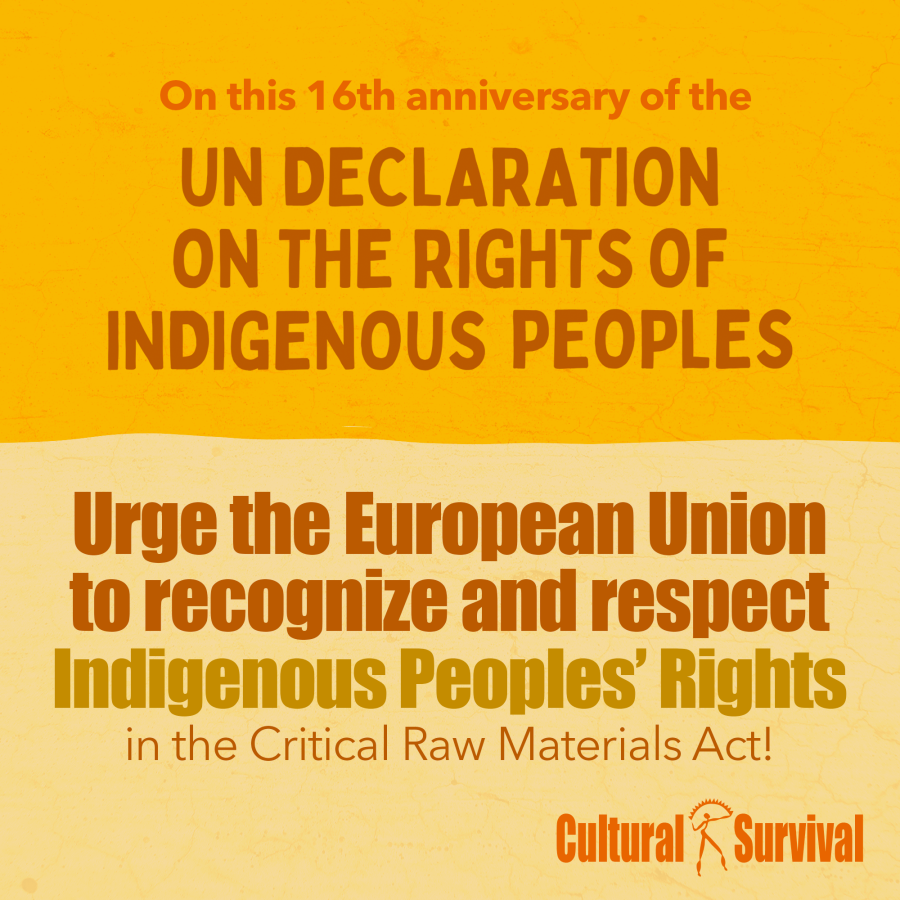The Berlin Wall is not the only thing that is crumbling in Europe. Our basic assumptions about the role of the state, which appeared to be written in stone only a few short months ago, are crumbling as well. This is an exciting time, one of those times in history where old assumptions have been challenged but new ones have not yet taken their place.
The rise of nationalism and recent moves toward democratic pluralism and autonomy in Eastern Europe and the USSR demonstrate that seemingly unchangeable systems of government can be changed overnight. Unless these democratic movements are crushed through considerable violence, as Nicolae Ceaucescu attempted to do in Romania, these states will never be the same again. Yet their final structure, and the role of the different nations in them, remains to be seen.
The 1992 transformation of Western Europe into a border-free trading zone will also question centuries-old notions about the nature of and the role played by states in the modern world. It is ironic, indeed fitting, that Europe, the birthplace of most of our assumptions about the nature of states and nations, should be at the forefront of such fundamental changes.
As the Cold War ends, new relationships will evolve not only between the United States and the Soviet Union but also among all their "client" states, as well as nonaligned states. Recent changes in the USSR have contributed not only to that state's revision of internal economic and military priorities but also to its changes in priorities for foreign assistance and international relations. These changes have produced remarkable results throughout the USSR, as well as in Afghanistan, and even promise significant transformations in the Horn of Africa.
Although the recent US invasion of Panama apparently indicates its continued willingness to become directly and militarily involved in the internal affairs of other states, it is doubtful that the United States' economy and foreign debt will allow it to continue that role much further. Certainly, the United States will not be able to "pick up" all of the former Soviet-supported states, even if they were so inclined.
In general, as the superpowers begin to seriously reconsider the roots of their debts and adopt new policies for getting their own houses in order, they will also reduce their overall assistance to the Third World states. In the past, most assistance has been for military (writ "internal security") purposes. Whiled such assistance often had political strings attached, as Cultural Survival has often shown in its research and publications, the assistance was of local importance because it was most often used by elites and elite groups to reinforce their power. Cutting these umbilical cords to dominant groups will foment changes similar to those taking place today in the USSR and Eastern Europe. Unfortunately, it is highly unlikely that such changes will be so peaceful in the Third World.
In fact, as the United States, the Soviet Union, and Europe shift their focus to their own internal state structures and problems, existing regional conflicts probably will become increasingly violent. Furthermore, other conflicts that have remained dormant will be rekindled, either because of the repression fostered by foreign military assistance or because it will no longer be possible to play foreign political interests off of each other.
This means that the number of internal shooting wars in states will increase, even if the number of sophisticated weapons decreases. Such conflicts will spawn more refugees and displaced people, not to mention untold environmental degradation. Such conflicts inevitably disrupt food production, too, making "development" impossible. More importantly, children will become malnourished and the quality - even the very existence - of the education they so sorely need to help then face the next millennium will suffer.
To some this might seem to be the worst-case scenario. Considerable evidence, however, points to an increase in internal regional conflicts in Africa and Asia during the nineties. Even the 1992 quincentennial of the colonization of the Americas will bring into sharp focus the different perspectives of the colonists and the colonized in this hemisphere.
The last decade of the millennium is upon us. It promises to be extremely important in the struggle for the rights of indigenous peoples and ethnic minorities. There are numerous signs that the distinct groups (nations, peoples, tribes, or minorities) that collectively constitute the world's cultural diversity will survive well into the next millennium. But now is not the time to sit back and assume that the fight is won. Communication between such groups and their supporters, both of information and ideas, will be essential to marshalling informed public opinion, so that we can stem what appear, in some areas at least, to be inevitable trends.
Article copyright Cultural Survival, Inc.



